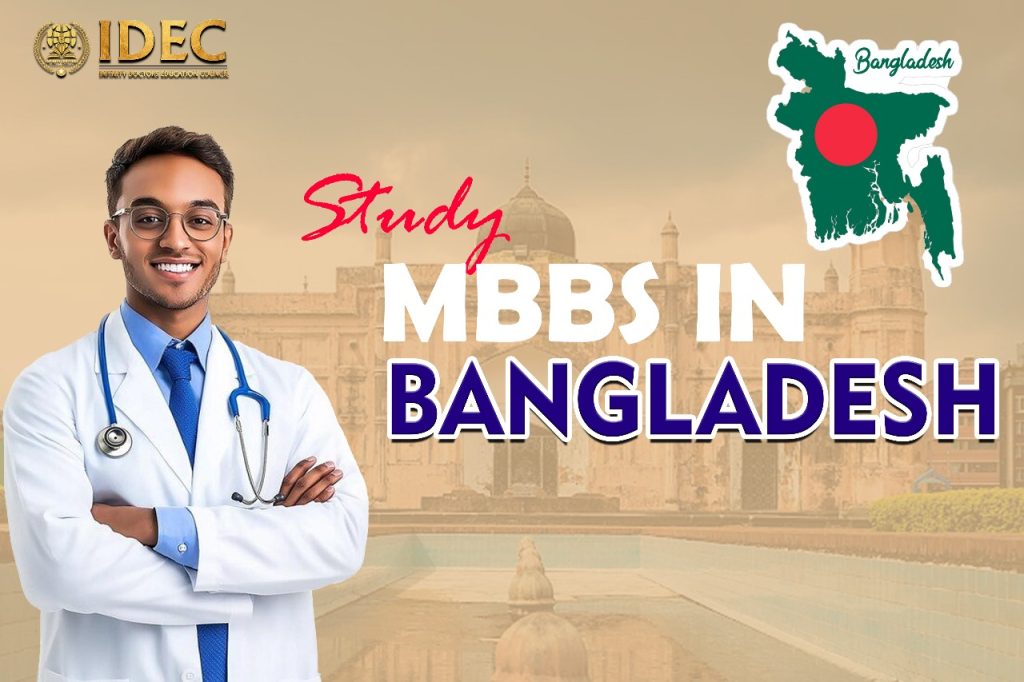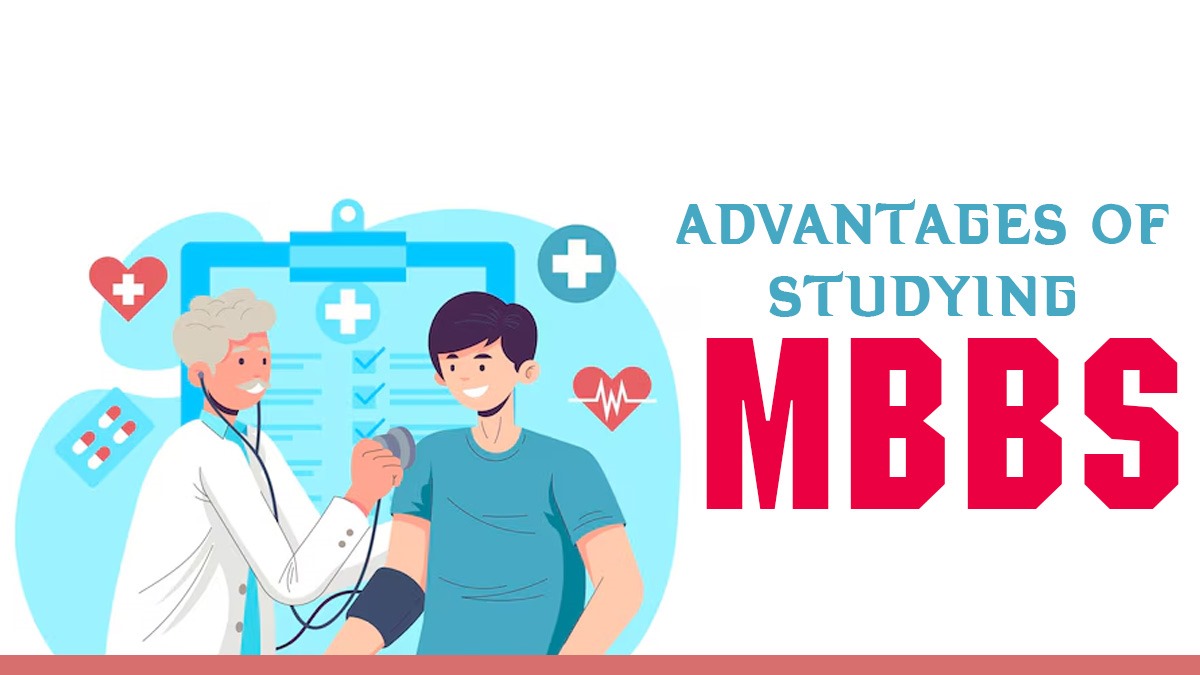Study MBBS in BANGLADESH
Bangladesh is a vibrant South Asian nation located to the east of India, bordered by Myanmar and the Bay of Bengal.

About Bangladesh
Bangladesh is a vibrant South Asian nation located to the east of India, bordered by Myanmar and the Bay of Bengal. Known for its lush green landscapes, rich river networks, and warm hospitality, the country blends ancient traditions with rapid modern growth. Dhaka, the capital city, is a bustling hub of commerce, education, and culture, while Chittagong serves as its main port and gateway to international trade.
The country’s cultural heritage is deeply influenced by Bengali language, literature, music, and festivals like Pohela Boishakh (Bengali New Year) and Durga Puja. Its cuisine is famous for flavorful rice and fish dishes, spicy curries, and sweets like Rasgulla and Mishti Doi.Economically, Bangladesh has been one of the fastest-growing economies in Asia, with strengths in textiles, agriculture, shipbuilding, and increasingly in education and healthcare. The nation has emerged as a popular destination for international students, especially from India, Nepal, and African countries, for affordable and quality MBBS programs recognized by the NMC, WHO, and other global medical councils.
With its safe environment, affordable cost of living, friendly communities, and diverse cultural experiences, Bangladesh offers an enriching and comfortable experience for students and visitors alike.Bangladesh has emerged as a leading destination for overseas students seeking medical education. Numerous Indian students apply each year to Bangladesh’s best medical schools.

Why Choose to Study MBBS in Bangladesh?
MBBS in Bangladesh has come to such a position that it will be termed as one of the reputed medical degrees among foreign students shortly. Highly qualitative education provided, combined with very reasonably priced tuition fees and likewise recognized medical degrees globally, accounts for the country being a favored choice for students who want to pursue studying MBBS in Bangladesh, especially for students from neighbor countries like India.

- The NMC (formerly MCI), WDOMS, ECFMG, MCC, FAIMER, BMDC, IMED, and others have recognized and approved Bangladesh’s medical universities.
- The country with the highest FMGE/NEXT passing rate is Bangladesh.
- The medical schools in Bangladesh are equipped with excellent facilities.
Bangladeshi and Indian lifestyles are comparable. - Theory and practical teachings are appropriately separated in high-quality medical education to facilitate comprehension.
- Top medical schools in Bangladesh charge affordable tuition for MBBS programs.
- sophisticated classrooms for learning with a purpose.
- At Bangladesh’s top universities, professors, instructors, and lecturers are highly skilled in their disciplines.
- International students are taught medical subjects in English.
- Up to 50% of seats at Bangladesh’s public and private medical schools and universities are reserved for overseas students.
- International students can stay in hostels at most government and private medical schools in Bangladesh.
- Bangladesh’s eating habits are quite similar to those of India.
- Reputable hospitals have partnered with Bangladesh’s government medical institutions to provide overseas students with real-world experience.
- The medical curriculum of MBBS in Bangladesh bears commonalities with the Indian medical curriculum.
- Indian students can practice medicine in India and other foreign nations of their choosing, and medical degrees from Bangladeshi medical institutes and universities are recognized all over the world.
- University students receive clinical training in the top hospitals for increased exposure.
Eligibility Criteria for MBBS Admissions in Bangladesh
Indian students are advised to adhere to the NMC (MCI) guidelines to study MBBS in Bangladesh. Below is the criteria to be met to pursue medical education in Bangladesh.

- The students must have passed their 10th and 12th standard from a recognized board.
- The students must have scored a aggregate GPA of 7.0 in GPA 5 scale and GPA 4.0 in Biology in 10+2
- The student must be 17 years old as on 31 December in the year of admission.
- The students must have passed the NEET UG exam in the admission year.
Advantages of Studying MBBS in Bangladesh for Indian Students
- Cost-Effective: One of the key advantages is the average course fee for MBBS study. The tuition fees and accommodation fees are significantly lower in Bangladesh than the private medical colleges of other countries. Apart from this, there is little difference in the food. So, Indian students can adjust to the environment of Bangladesh in a short period.
- Quality Education: There are many medical universities in Bangladesh that provide high-quality education. These institutions are accredited by medical councils worldwide, ensuring that graduates can practice medicine globally. Many private medical colleges in Bangladesh are MCI-approved. Hence the pass-out Indian students can practice in India by clearing a common test.
- English-Medium Programs: Most medical universities in Bangladesh offer MBBS programs in English to overcome the language barrier for international students. However most faculties and students speak Bengali for a better understanding.
- Cultural Diversity: Studying in Bangladesh exposes students to a rich and diverse culture, with full experience. Although Bangladesh is a Muslim-majority country they respect Indian students more because of our rich culture. So, Indian students can adjust to the culture easily.
- Internship opportunity: Medical students can gain valuable clinical experience during internships in well-equipped hospitals in Bangladesh. So that, they can gather sufficient practical knowledge till completion of the MBBS study in Bangladesh.

Career Opportunities After Completing an MBBS Degree from Bangladesh
Completing an MBBS degree from Bangladesh opens multiple career pathways both domestically and internationally due to the program’s global recognition by bodies like the NMC (National Medical Commission, India), WHO, and other international medical councils. Indian graduates can return home and appear for the FMGE/NExT exam to obtain a medical license, enabling them to work in government or private hospitals, run their own clinics, or pursue postgraduate studies (MD/MS) through NEET-PG. Those aspiring to work abroad can take international licensing exams such as USMLE (USA), PLAB (UK), AMC (Australia), or MCCQE (Canada) and enter residency or specialization programs in those countries.

In Bangladesh, MBBS graduates can work in hospitals, healthcare NGOs, and public health projects, or join postgraduate residency programs in fields like surgery, cardiology, pediatrics, or gynecology. Beyond clinical practice, opportunities also exist in medical research, academia, public health administration, healthcare management, and pharmaceutical industries. Graduates with entrepreneurial ambitions can establish private clinics, telemedicine services, or health-tech startups. With affordable education, strong clinical training, and recognition across many countries, an MBBS from Bangladesh provides a solid foundation for a wide range of rewarding medical careers worldwide.
Bangladesh – Is it Safe for Indian Students?
Yes, Bangladesh is considered a safe and welcoming destination for Indian students pursuing MBBS. The country has a low crime rate compared to many other international study destinations, and the people are known for their hospitality and respect towards foreigners.

- Bangladesh is considered safe for Indian students, especially in major cities like Dhaka, Chittagong, and university towns where large numbers of international students live and study.
- The cultural and linguistic similarities, along with historically friendly India–Bangladesh relations, make Indian students feel welcomed.
- Most medical universities have dedicated security teams, CCTV surveillance, and restricted access to ensure student safety within hostels and academic premises.
- A significant Indian student community in Bangladesh offers peer support, making the transition easier for newcomers.
- Ride-hailing apps like Uber and Pathao are widely used for safe and reliable travel within cities.
- Institutions often have international student offices to provide guidance on safety, documentation, and local regulations.
- As with any country, petty theft or pickpocketing can occur in crowded markets or public transport; students should remain alert.
- On-campus hostels and university-recommended housing are generally secure; it’s advisable to avoid unverified private rentals.
- Stay away from political rallies, strikes, or demonstrations, as they can sometimes lead to unrest.
- The shared food habits, festivals, and language (Bengali is widely understood in West Bengal, India) help Indian students feel at home.
Hostel and Accommodation Facilities in Bangladesh
Bangladesh medical universities offer safe, affordable, and comfortable accommodation options for international students, including those from India. Students can choose between university hostels and private rentals based on their budget and preferences.

- Most medical colleges in Bangladesh provide separate hostel facilities for male and female students, located within or close to the campus for convenience and safety
- Hostels usually offer 2-seater, 3-seater, or 4-seater rooms, furnished with a bed, study table, chair, and wardrobe for each student.
- Facilities include shared or attached bathrooms, common kitchens, laundry areas, study rooms, and clean drinking water supply.
- Rooms are well-ventilated for the warm climate, and some hostels offer air coolers or fans; heaters are not typically necessary.
- Many hostels provide Wi-Fi connectivity, allowing students to stay connected with family and access online study materials.
- Hostels have 24/7 security staff, CCTV cameras, and restricted entry for outsiders to ensure the safety of students.
- Most hostels have a mess or dining hall serving hygienic meals, often including Indian-style vegetarian and non-vegetarian options.
- Hostel fees are relatively low, usually ranging from $500–$1,000 per year, depending on the college and room facilities.
- Students who prefer more independence can rent private apartments or shared flats near the campus; rents typically range from $100–$250 per month.
- Living with peers from India and other countries helps students adapt quickly and build a supportive community.



